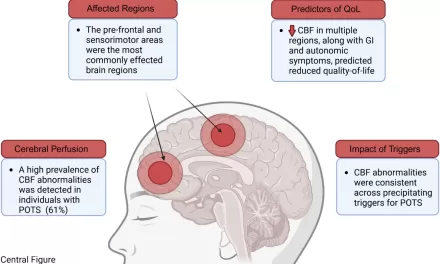A groundbreaking study published in PLOS ONE sheds light on how childhood experiences can impact adult health, revealing that early puberty may serve as a critical mechanism linking childhood risk factors to cardiometabolic health issues in later life.
Led by Maria Bleil from the University of Washington, USA, and colleagues, the study delves into the complex interplay between childhood adversity, pubertal timing, and adult health outcomes. The findings, published on March 27, 2024, offer important insights into the long-term health implications of early puberty.
Childhood adversities, such as socioeconomic disadvantage, stressful family relationships, and other traumatic events, are known to have lasting effects on health in adulthood. However, existing conceptual models often overlook the role of puberty in this relationship.
To explore this connection, Bleil and her team analyzed data from the NICHD Study of Early Child Care and Youth Development, a comprehensive longitudinal study spanning over three decades. They followed 655 women from birth to adolescence and conducted in-person follow-ups in adulthood to assess social, behavioral, and health status information.
The results revealed a compelling link between pubertal timing and cardiometabolic health in adulthood. Women who experienced later onset of puberty, as indicated by factors such as breast development, pubic hair growth, and first menstrual period, had lower cardiometabolic risk in adulthood.
Furthermore, the study found that pubertal timing mediated the effects of various childhood risk factors, including mother’s age at her first period, race, body mass index (BMI), and socioeconomic status, on adult cardiometabolic health.
While the study cannot establish causation, its longitudinal design provides robust evidence for the role of puberty onset as a pathway linking early life exposures to adult health outcomes. The findings suggest that targeting puberty onset may offer new avenues for improving health outcomes in at-risk individuals.
The authors emphasize the importance of considering pubertal development in efforts to promote cardiometabolic health and call for further research to replicate and expand upon their findings. By better understanding the intricate connections between childhood experiences, pubertal timing, and adult health, researchers hope to develop more effective strategies for preventing and addressing cardiometabolic disorders.












